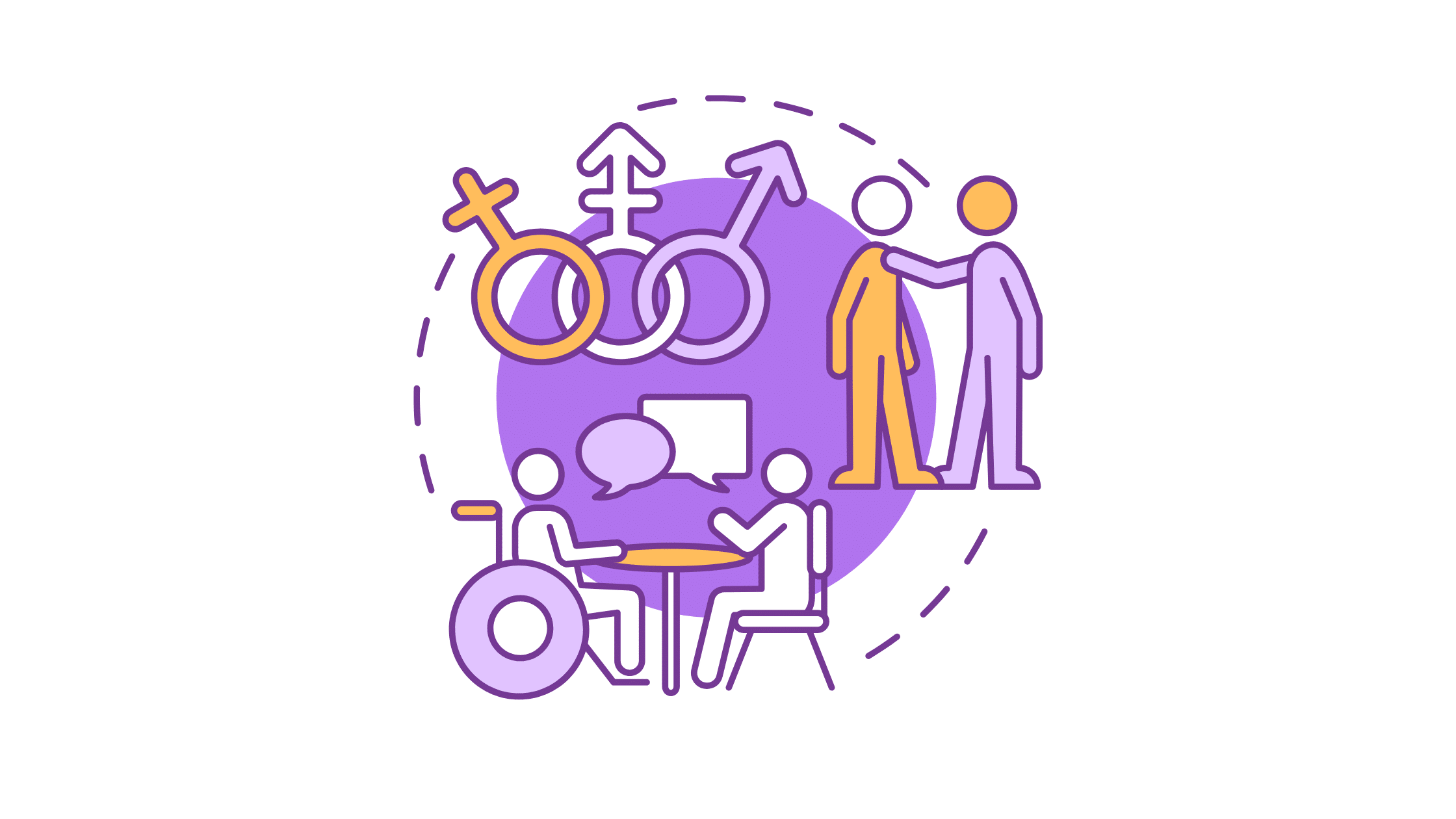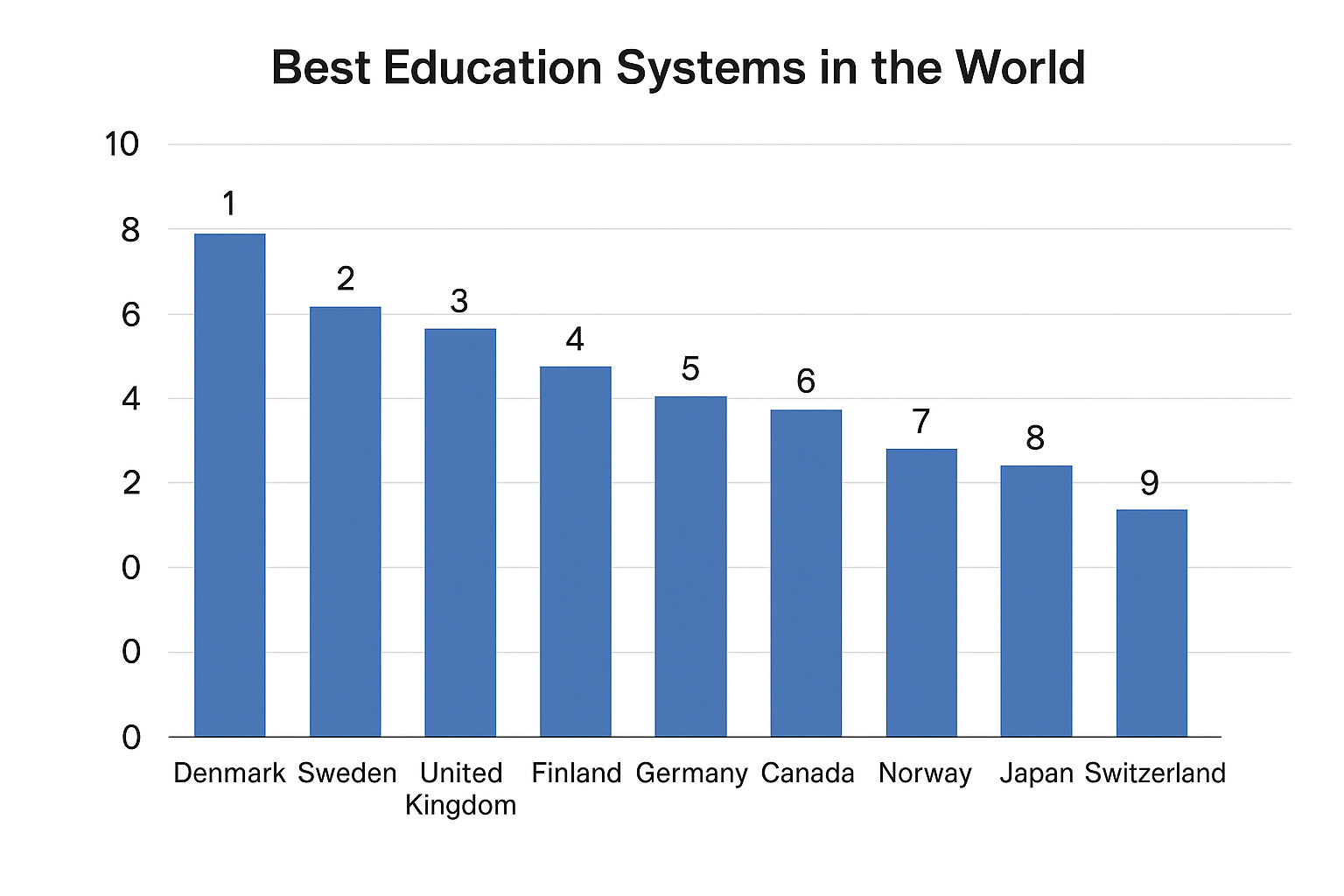
How to Improve Concentration: A Complete Guide for Students
How can students improve their concentration while studying?
Students can improve concentration by minimizing distractions, setting specific study goals, using active recall techniques, maintaining a consistent routine, and taking regular breaks. This guide offers a step-by-step approach backed by science and expert strategies to help students boost focus, enhance memory, and achieve better academic results—whether you're studying for school exams, entrance tests, or college assignments.
Introduction
Do you often find yourself staring at your books but not absorbing anything? Do you struggle to stay focused while studying for exams? In today's digital world, students face constant distractions, making it harder than ever to concentrate. However, strong focus is essential for effective learning, better grades, and academic success.

This guide will provide science-backed techniques to help you improve concentration, boost productivity, and retain information more effectively.
Why Concentration is Crucial for Students
1. Better Learning and Retention
Focusing while studying ensures that you grasp concepts quickly and retain them for longer. A distracted mind leads to superficial learning, which affects exam performance.
2. Improved Academic Performance
Concentration helps students complete assignments faster, absorb complex concepts, and perform well in exams.
3. Reduced Study Time
A focused student studies efficiently, eliminating the need for endless revisions. This leaves more time for extracurricular activities and personal development.
Common Reasons Why Students Struggle to Focus
Before fixing concentration issues, it’s important to understand what causes them. Common distractions include:
- Smartphone & Social Media – Constant notifications and scrolling reduce attention span.
- Lack of Sleep – Sleep deprivation weakens memory and focus.
- Poor Study Environment – A noisy or cluttered space makes it harder to concentrate.
- Multitasking – Trying to study while watching TV or chatting online reduces efficiency.
- Lack of Interest – Boring study material makes focusing difficult.
- Unhealthy Diet – Junk food and sugary snacks lead to brain fog.
- Stress and Anxiety – Worrying about exams can make it difficult to focus.
Proven Techniques to Improve Concentration for Students

1. Create a Distraction-Free Study Environment
- Choose a Quiet Space – Study in a peaceful location, away from noise.
- Keep Your Desk Organized – A clutter-free space helps maintain mental clarity.
- Use Productivity Apps – Apps like Forest or Cold Turkey block distracting websites.
- Limit Social Media – Put your phone on airplane mode while studying.
2. Follow the Pomodoro Technique
Studying for hours without breaks leads to burnout. The Pomodoro Technique is an effective method:
- Study for 25-50 minutes with complete focus.
- Take a 5-10 minute break.
- Repeat the cycle 4 times, then take a longer break.
3. Train Your Brain for Focus
- Mindfulness Meditation – Helps improve attention span and reduces stress.
- Memory Exercises – Games like Sudoku, chess, and memory apps boost concentration.
- Read Regularly – Reading long-form content improves attention span.
4. Get Enough Sleep
- Aim for 7-9 hours of sleep every night.
- Avoid screens before bedtime to improve sleep quality.
- Create a sleep routine by going to bed at the same time daily.
5. Eat Brain-Boosting Foods
Your diet plays a key role in concentration:
- Eat Omega-3 Rich Foods – Found in walnuts, fish, and flaxseeds.
- Stay Hydrated – Dehydration leads to tiredness and weak focus.
- Avoid Sugary Snacks – High sugar intake causes energy crashes.
6. Stay Physically Active
- Exercise Daily – Even a short walk improves brain function.
- Practice Yoga – Helps reduce stress and enhances concentration.
- Take Short Breaks – Stretching for a few minutes refreshes the mind.
7. Use Active Study Techniques
Passive reading leads to distractions. Instead, try:
- Summarizing Notes – Write key points in your own words.
- Self-Testing – Use flashcards and quizzes to reinforce learning.
- Teaching Others – Explaining concepts to a friend enhances understanding.
8. Manage Stress Effectively
- Practice Deep Breathing – Helps calm the mind before studying.
- Use Positive Affirmations – Encourages a focused and motivated mindset.
- Seek Help if Needed – Talk to teachers or mentors about academic stress.
9. Avoid Multitasking
- Focus on one subject at a time.
- Group similar topics together to increase efficiency.
- Complete one task before moving to another to avoid confusion.
10. Use Technology Wisely
Instead of distractions, make technology your study partner:
- Use educational videos for better understanding.
- Try audiobooks and podcasts to reinforce concepts.
- Enable Grayscale Mode on your phone to reduce temptation.
FAQs: Students’ Most Asked Questions About Concentration
1. How can I focus better while studying?
Find a quiet space, eliminate distractions, and use techniques like the Pomodoro Method to maintain focus.
2. Why do I lose concentration easily?
It could be due to digital distractions, lack of sleep, or an unhealthy diet. Identifying the cause can help fix the problem.
3. Does music help with studying?
Instrumental or classical music can improve focus, but songs with lyrics may be distracting.
4. What is the best time to study for maximum focus?
Morning hours are usually the best, as the brain is most alert. However, some students concentrate better in the evening. Find your peak study time.
5. Are there foods that boost concentration?
Yes! Omega-3-rich foods like fish, nuts, and blueberries help improve brain function.
6. How do I stop procrastinating and start studying?
Break your study material into smaller tasks, set deadlines, and use a rewards system to stay motivated.
7. Can meditation improve concentration?
Yes, regular meditation enhances attention span and reduces stress, making it easier to focus on studies.
Conclusion: Build Strong Study Habits for Maximum Focus
Improving concentration is not an overnight process, but with the right habits, any student can train their mind to focus better. By minimizing distractions, following structured study techniques, maintaining a healthy lifestyle, and practicing mindfulness, you can sharpen your focus and achieve better academic results.
Start applying these techniques today, and you will soon notice a significant improvement in your study efficiency and exam performance.
Would you like more personalized study tips? Visit TheTutorBridge for expert guidance and student resources!



